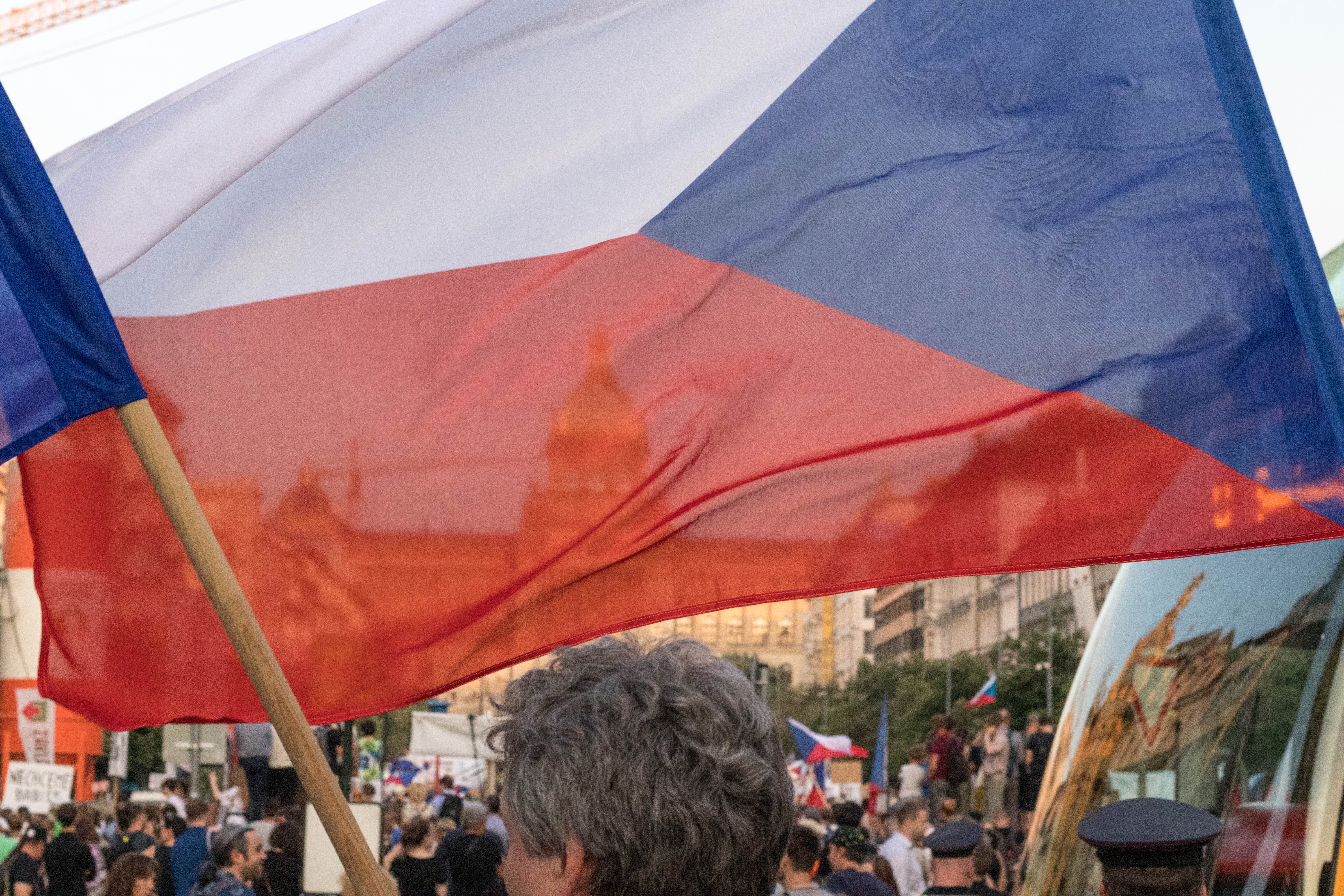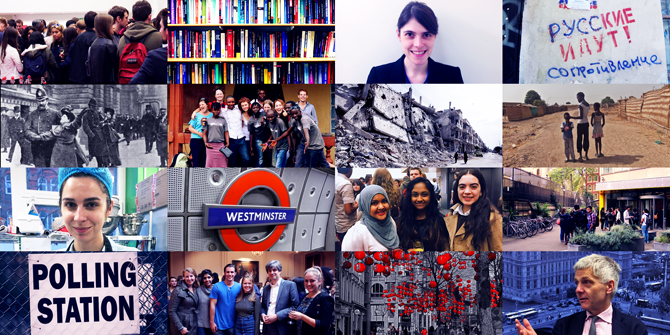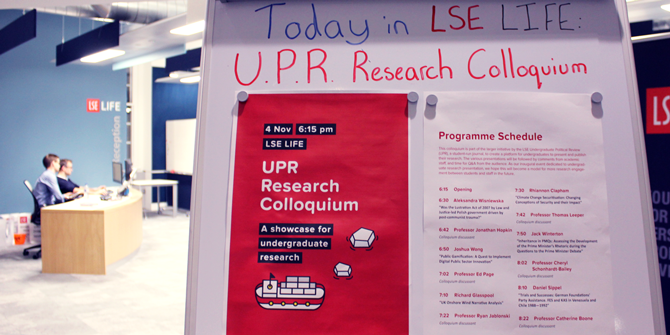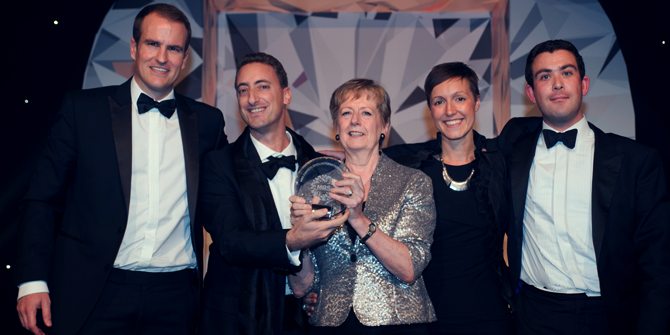Elisabeth Reinisch and Lucy Thomas analyse recent reforms and modernisation in the UAE.
Formed in 1971, the UAE has often been referred to as a monarchic dictatorship, due to the seven Emirates’ ruling sheikhs possessing jurisdiction to elect the UAE’s president. Due to recent secular reforms, such as moving away from Shariah Law, as well as considerable advancements within the realm of women’s rights, one could suggest that the UAE is, slowly but surely, attempting to complete democratic transitions. Yet, despite the UAE’s progressive military capabilities, as well as its attempts to uphold peaceful international relationships and assert itself as a global player, it is problematic to label it as transitioning into democracy. In reality, whilst recent secular reforms and various Emirates’ splendour appeal to the plush lifestyles of social media influencers, the UAE’s so-called liberalisation merely acts as a democratic façade to ensure international appreciation.
Government Structure: Half-Democratic?
Abu Dhabi and Dubai are the epitome of grandiosity, characterised by their awe-inspiring skyscrapers, attracting a wide variety of people with an appetite for resplendence. Despite the obvious attempts made to ensure the UAE appears materially spectacular, the country’s political structure represents the backward tendencies still manifested within the UAE itself.
The most significant form of authority is the Federal Supreme Council, consisting of the emirates’ regnant sheikhs that possess absolute authority when electing a President every five years. Admittedly, the election process of the 40 members within the Federal National Council is arguably more liberal. Yet, whilst 20 members are elected democratically, one cannot disregard the fact that the unelected FSC still decides those who will comprise the other 20 members. The traditional notion of democracy does not apply to the election process of the governments within each Sheikhdom. Therefore, until obvious attempts are made to ensure a completely democratic election process, the UAE’s half-hearted attempt at liberalising its political institutions cannot be used as reason to maintain that it is transitioning into democracy.
Unique Military and International Relations
However, apart from its architectural and material superlatives, there is something else that distinguishes the UAE from other Gulf states. According to Gulf analyst Michael Stephens, it is “the [Arab] region’s most effective military power,” and therefore, holds a unique position in the Arab world. Generally, Middle Eastern militaries are, despite their officers’ high-quality education and expensive gear, relatively ineffective and still reliant on the United States for security. This might be related to the problem of authoritarian control, where rulers fear the possibility of a military coup if they rely on it too much to oppress the masses or provide it with too many weapons. The UAE, however, might benefit from it by pleasing the masses with a reputation of a very effective military. Roberts argues that they handle “technical difficulties” well and demonstrate skill while fighting alongside International Security Assistance Forces (ISAF) or the US, even “surpris[ing] the US military”.
Looking at the emirates’ general international standpoint, the UAE maintains strong diplomatic relations with numerous countries and is a part of the UN. Moreover, the UAE recently became the first Arab country in the Gulf Region to sign a peace-deal with Israel. Furthermore, they seem to attempt to convey themselves as the most modern version of an Arab country as possible. “We want to be a global player. (…) We need to take some strategic risks to break (…) barriers“, explains the Minister of State for Foreign Affairs Anwar Gargash talking about the UAE’s recent mission launch to Mars, to analyse atmospheric gas.
But what is it that motivates the UAE to hold such a unique military position in the Gulf as well as maintain well-kept international relations? Is it the desire to be externally attractive to more tourists and expats, merely wanting to become a “bigger global player”, or is there an intrinsic reason, such as trying to conceal the horrible working conditions of the low-income migrant worker population that spurs them to be an example in these other sectors? Correspondingly, the UAE not only seems to be trying to detach themselves from a rather conservative reputation by launching the Mars mission but also by taking a step away from Sharia law and decriminalised alcohol, suicide and pre-marital sex.
Slowly Detaching themselves from Sharia Law
Therefore, is it erroneous to suggest the UAE is progressing in a more liberal direction regarding the treatment of its citizens? Recently, the international community has witnessed the UAE’s step away from ultra-conservative Sharia Law, as indicated by its decision to allow unmarried couples to live together, as well as enabling those within the international expatriate community living within the UAE to divorce under the laws of their native countries. This seems like credible evidence to suggest that the UAE is liberalising its society. However, Levitsky and Way (2002) would claim this is a classic form of ‘democratising bias‘, as authoritarianism is still prevalent within the UAE. Such autocratic behaviour is illustrated by how various women, if they decide to report their rapists, risk imprisonment due to the remaining disapproval surrounding sexual relations outside of marriage, even in harrowing instances like rape.
The UAE’s significant migrant population also suffer the continual violation of their civil liberties, with many being held within the UAE due to companies retaining their passports. If they strike due to insufficient pay and working conditions, they risk deportation. Despite the injustice permeated throughout the UAE’s society, Al Khoori (2014) has expressed how many citizens view Sheikh Khalifa as an advocate of justice, characterising him as a ‘father to his people‘. Despite this, it remains unclear as to whether Sheikh Khalifa’s intentions are commendable, or merely tokentistic in order to appeal to the international community.
In sum, the UAE’s significant steps towards liberalisation by easing traditional religion-based policies, truly embracing globalisation, have put them on the right path towards a truly progressive and globally noteworthy nation. However, these efforts still don’t seem to be sufficient to argue that the UAE is indeed on the path to democratization, given the “half-democratic” governmental structure as well as the numerous human rights violations.
This article was written by students on LSE Government’s ‘GV101: Introduction to Political Science‘ course. Visit the LSE Government website to find out more about studying politics at LSE.
Note: this article gives the views of the authors, and not the position of the LSE Department of Government, nor of the London School of Economics.
Image credit: ‘Dubai Skyline’ by Olga Ozik





